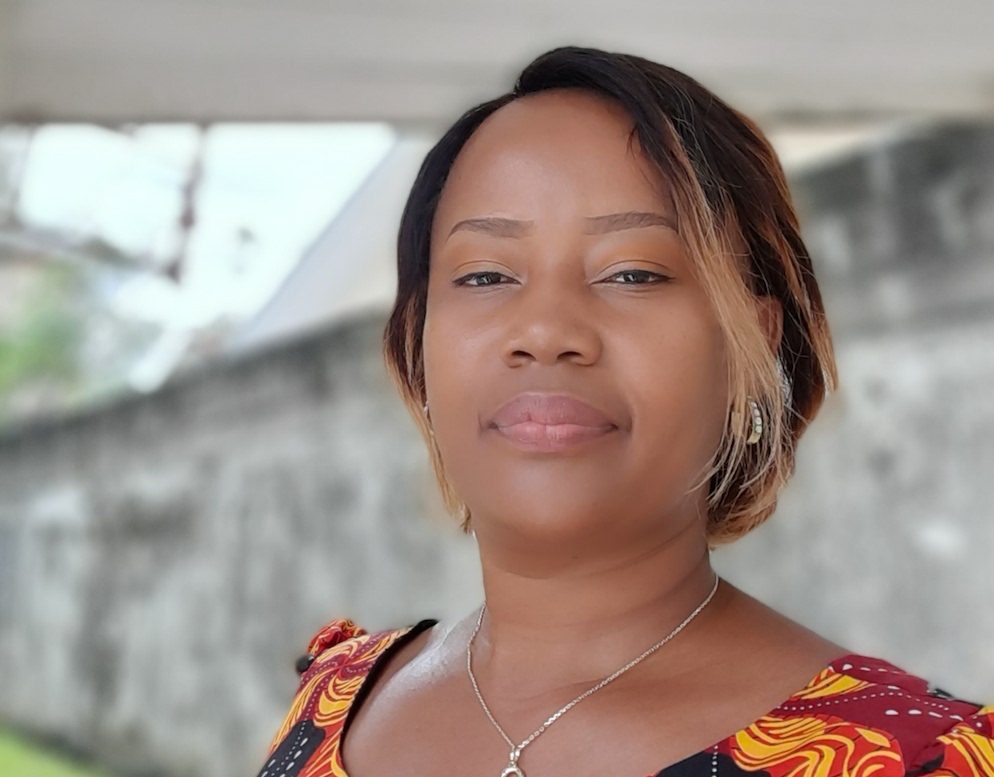– Mobilization in the European Parliament: How to Build a Feminist Europe? The challenges posed by the far right in the wake of the European elections
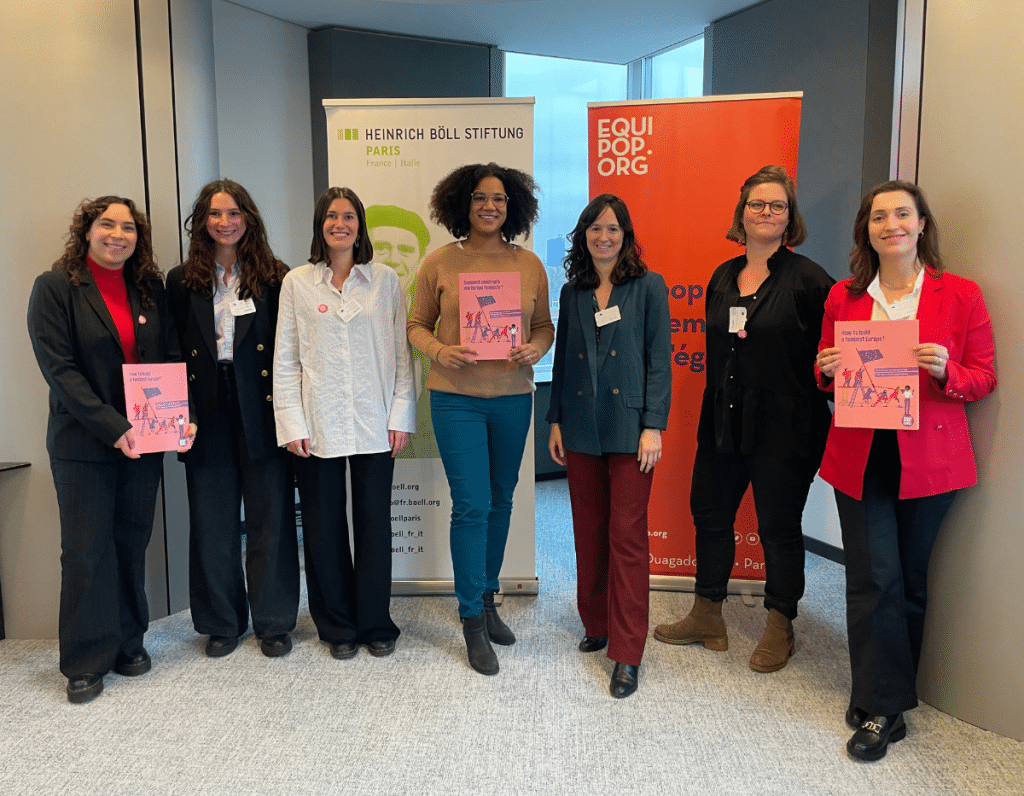
On Tuesday, December 10, 2024, to mark International Human Rights Day, Equipop co-organized, in collaboration with MEP Mélissa Camara, a launch event at the European Parliament to present its new report, “How to Build a Feminist Europe? The challenges posed by the far right in the wake of the European elections”. This report, written by […]
How to build a feminist Europe? The challenges posed by the far right in the wake of the European elections
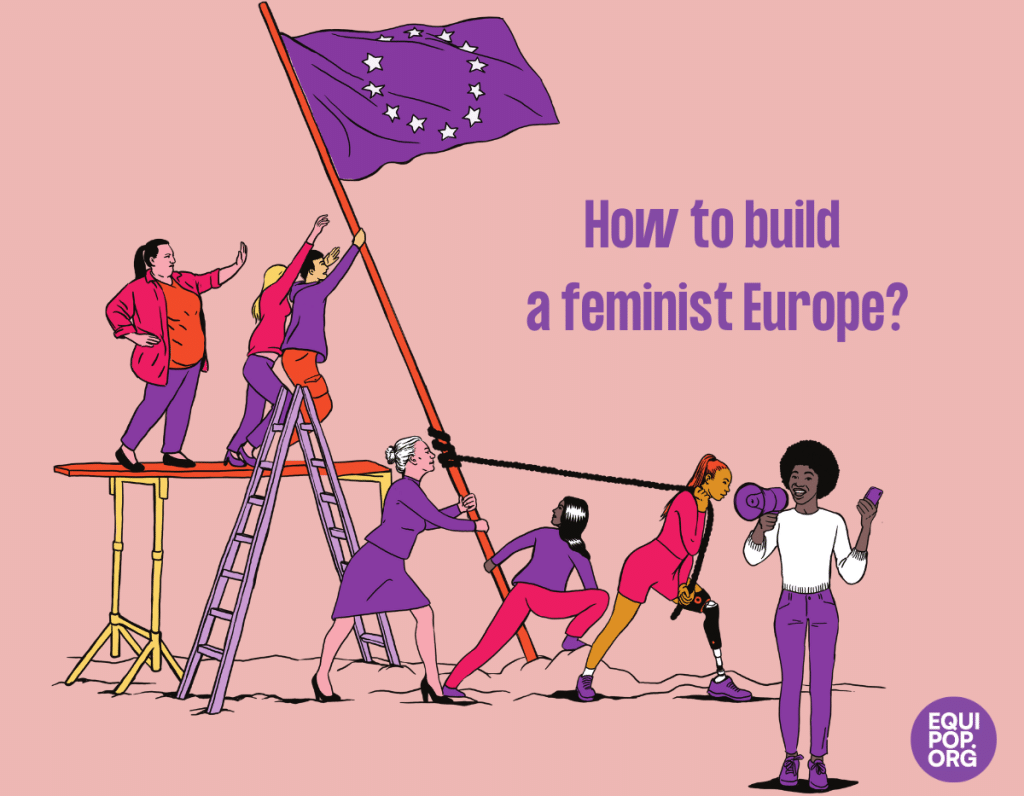
At a time when far-right parties are gaining influence across the European Union, Equipop is publishing on December 10, 2024, a new report offering an in-depth analysis of political and institutional dynamics six months after the European elections.
– Meet the ‘Walkie-Talkies’: 6 feminist champions!

Walking the Talk consortium is proudly introducing six exceptional feminists from all over the world – aka our team of ‘Walkie-Talkies’. These experts bring unique perspectives and invaluable experience to our mission of promoting Feminist Foreign policies, practices, and funding in Germany, France, the United Kingdom, the Netherlands, and the European Union.
-CSW 68, a decisive moment : Equipop and over a hundred partners call on Member States to fight back the « backlash » against women and LGBTQIA+ people’s rights

Responding to Equipop’s call, over a hundred civil society organizations have signed an open letter calling on UN member states and their diplomats to mobilize in New York to defend the fundamental rights of women and LGBTQIA+ people, and to coordinate with feminist civil society to counter the backlash.
– Feminist foreign policy: the accountability report in France is out!
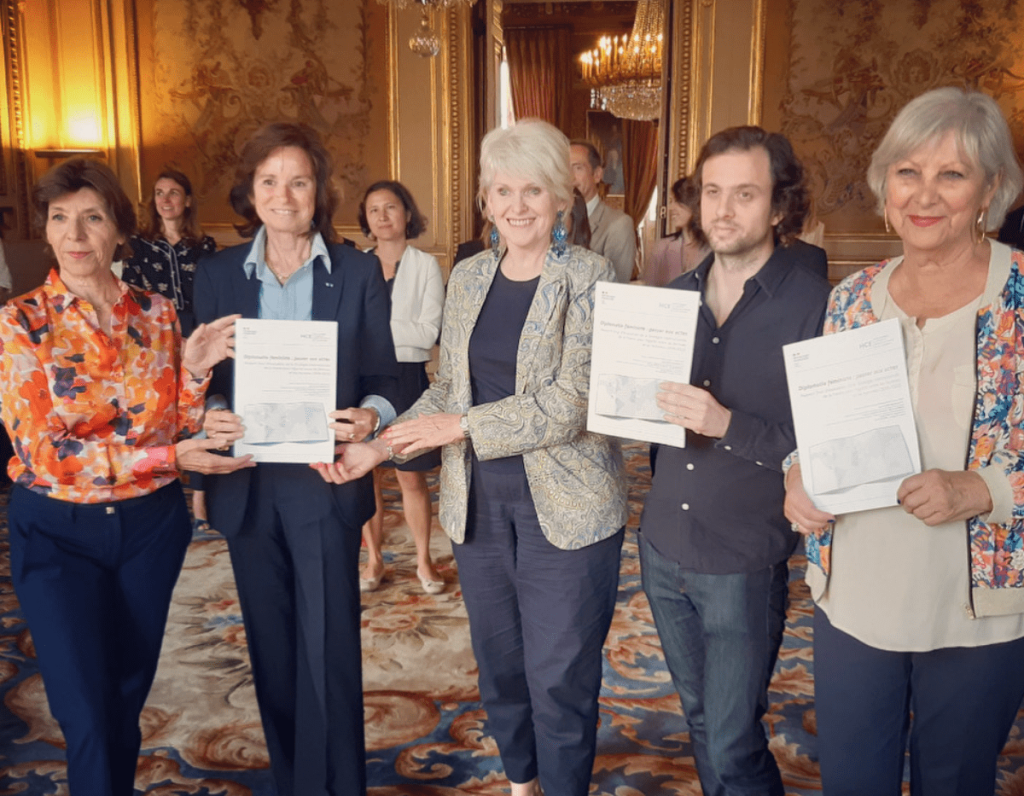
After assessing five years of France’s « feminist diplomacy », the Gender Equality High Council handed in its report to ministers Catherine Colonna and Isabelle Rome. Equipop made a major contribution to this report, that is the first comprehensive accountability tool ever on feminist foreign policy in France. At this time, there is no English version of […]
– Testimonies – Nathalie Aka Brou, from the Ministry of Health of Ivory Coast and Yao Jules Konan, RH/Adolescent/Youth Programme Officer, UNFPA Ivory Coast
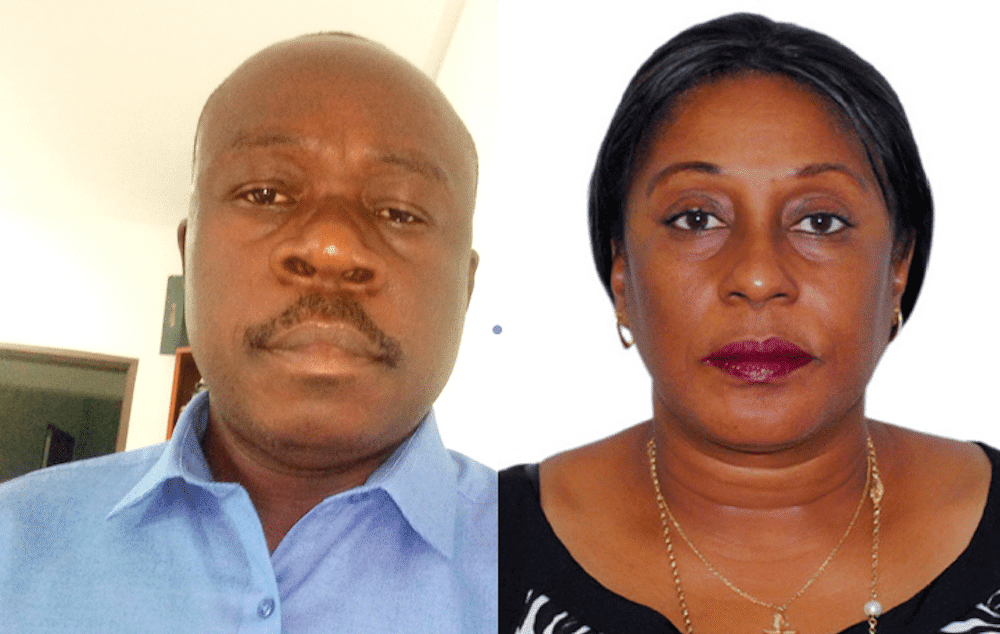
« The theme of menstrual health was often only partially addressed by various participants. We needed a task force to collect documents and everyone’s experiences. »
– Make menstruation a health, education, and equality issue
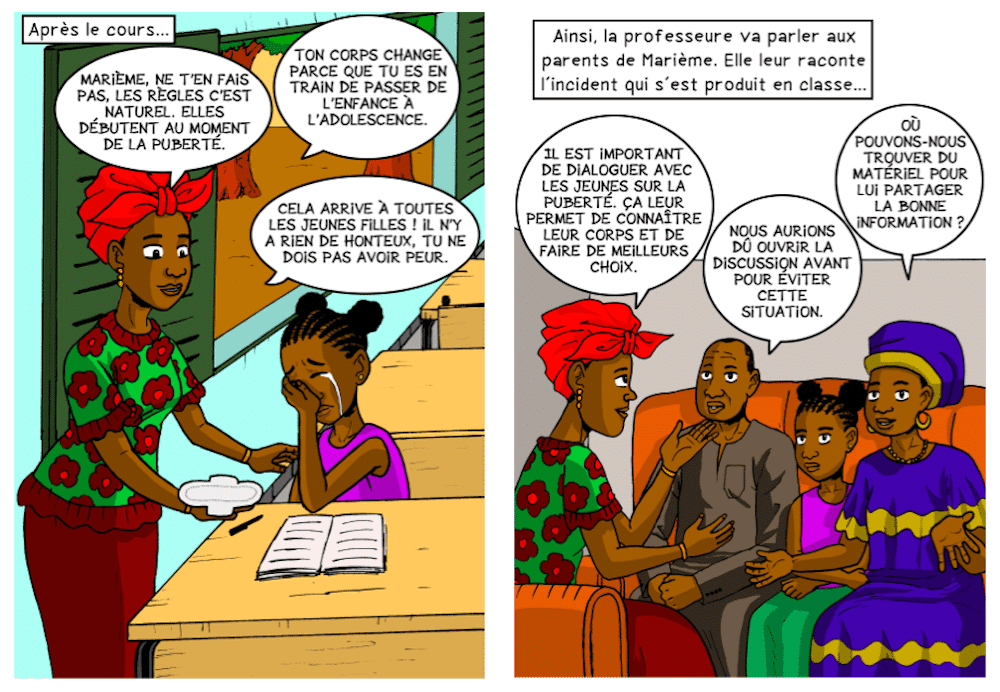
– Testimony – Ousmane Ouedraogo, National Coordinator, Burcaso (Conseil Burkinabé des Organisations de Développement Communautaire, or Burkinabe Council of Community Development Organizations)
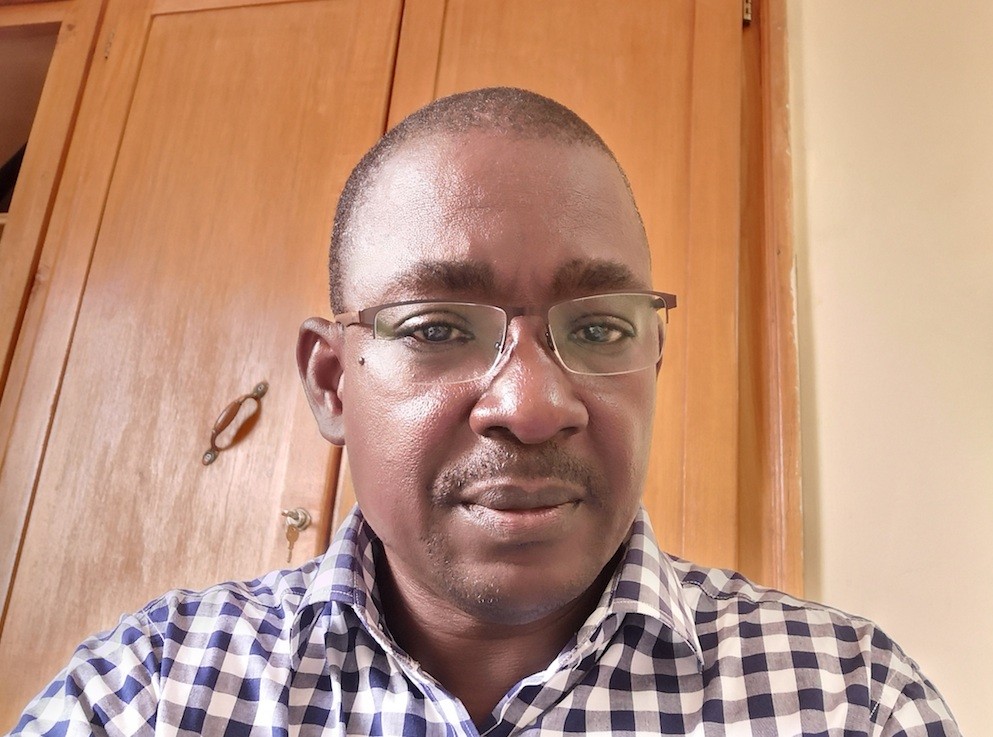
– Young Lookouts : Transform healthcare systems so girls are no longer left behind
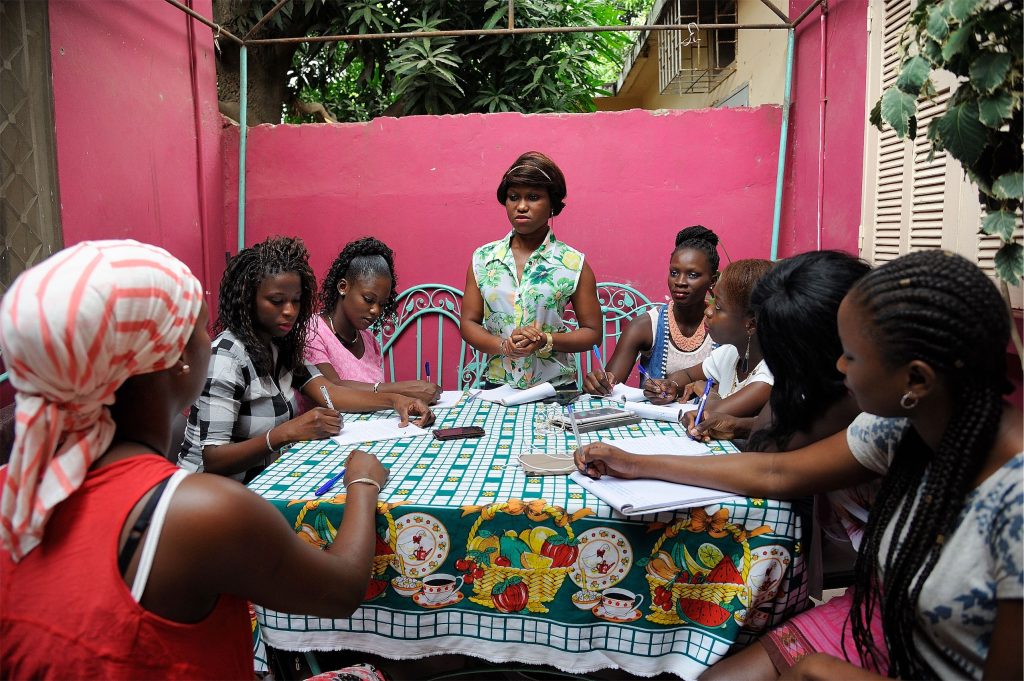
– Testimony – Agathe Blanc, Program Officer, Association of Women Lawyers of Côte d’Ivoire (Association Femmes Juristes de Côte d’Ivoire)
